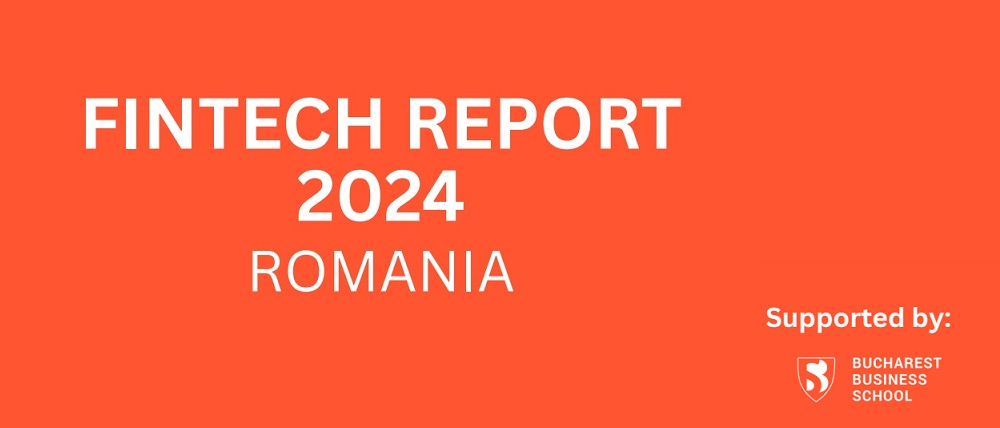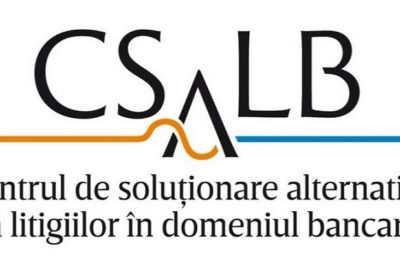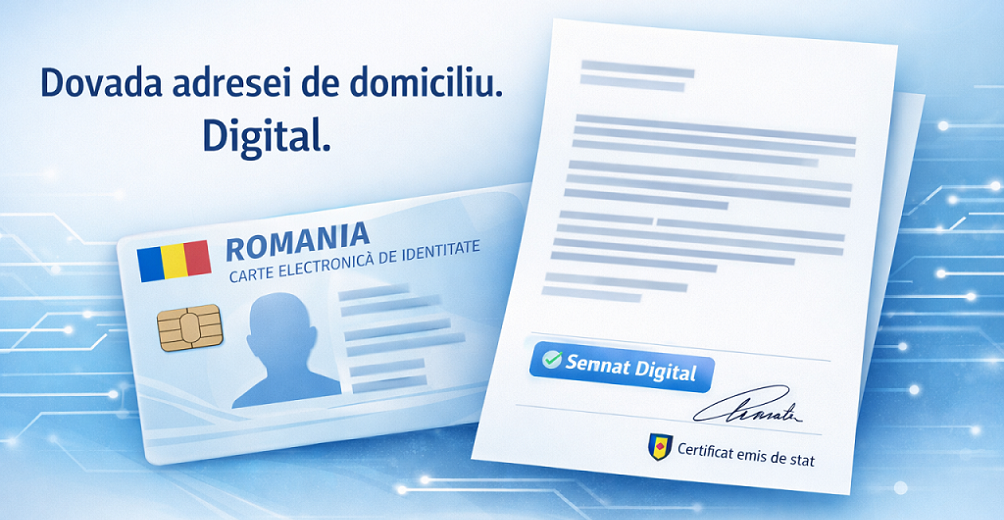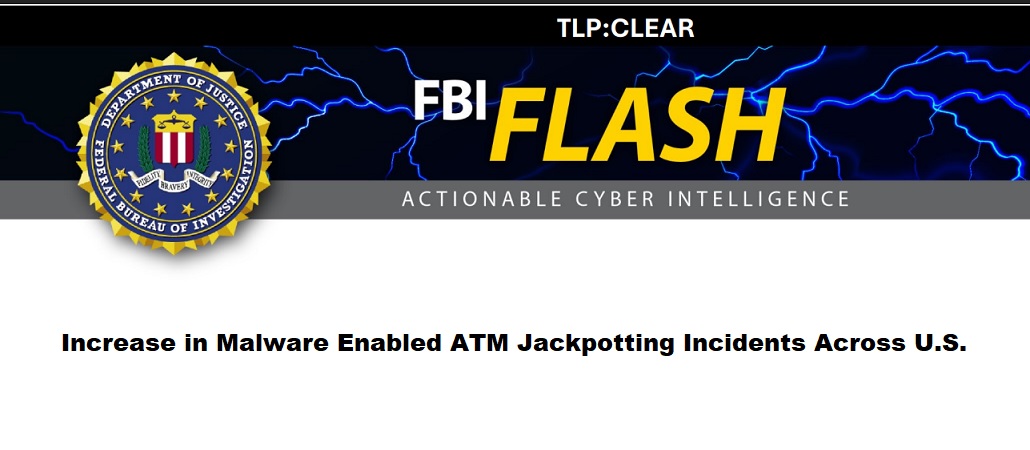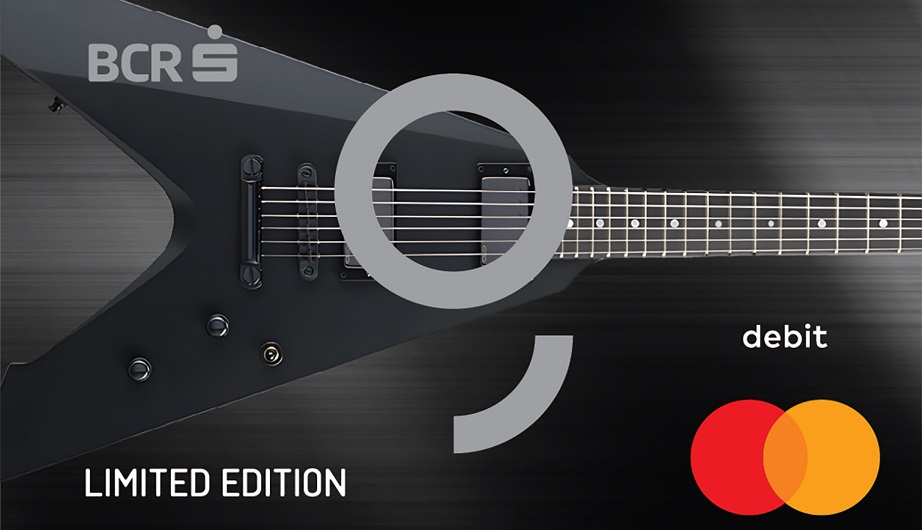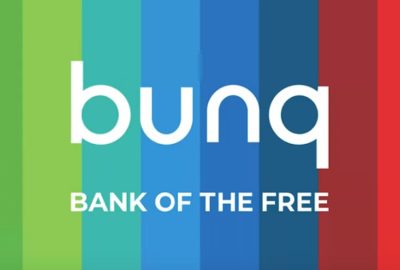Bond rating agency Moody’s warns on risks of private blockchains
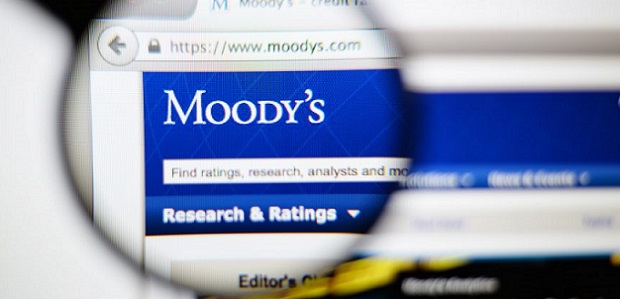
Rating agency Moody’s has warned of several risks of private, centralized blockchains in a report for clients examining the pros and cons of the technology for financial firms.
Titled “Blockchain Improves Operational Efficiency for Securitizations, Amid New Risks,” the April 25 report describes the basic features and promises of blockchain technology, explaining how businesses like banks can leverage it to their benefit.
In the document, seen by CoinDesk, Moody’s emphasizes the difference in security between private and public blockchains, saying that consensus mechanisms in private chains may not be as strong as those seen in public chains, or may be absent altogether.
It continues:
“Private/centralised blockchains are more exposed to fraud risk because system design and administration remains concentrated with one or few parties.”
“Sound blockchain governance is key for risk management,” the report continues. In this case, private blockchains, where the governance and responsibility structure is clearer, win in Moody’s view. In addition, while a decentralized system makes data recovery and auditing easier, it increases “the number of gateways for attacks,” the report says.
Trusting the ‘unknown other’
New kinds of risks are in fact posed by blockchain, Moody’s argues. The tech “replaces trust in the ‘known other’ (other humans, institutions, intermediaries) with trust in the ‘unknown other’ (code, entities and dynamics that are hard to see and understand from the outside).”
However, Moody’s report also discusses blockchain’s potential to bring benefits to a number of industries. For example, the use of smart contracts could streamline the creation and management of securities. Although, as the technology hasn’t reached maturity yet, “applications, in the near-term, will remain experimental, limited to pilot phases with a small number of participants and/or parallel processing with conventional technologies,” the authors write.
Another promising use case is loan issuance. Putting loan information on a blockchain, along with the data of loan-backed securities, will make the communication between these parts on a bank’s business faster and more straightforward, with information updating and changing automatically.
“The securitization blockchain can rely on data provided by the lending blockchain, subject to (automated) checks and controls,” according to the report.
It also outlines some of the productive work that has already been done in the blockchain field. The report notes that some EU nations have already started to work with blockchain land registries and concludes:
“Without blockchain based land registers, efficiency gains on the asset side of a mortgage backed securitization transaction will remain limited.”
Code is law?
The report also touches on the possibility of using smart contracts as legally binding agreements in the future.
This future, if real, is still far away, the authors believe.
“A full replacement of natural language contracts by computer code is unlikely, because of a lack of flexibility with regards to the scripting language. Furthermore, parties to a smart contract should consider governance and control mechanisms to ensure that modifications to the original contract can be made at a later stage without greater difficulties,” they write.
Moody’s has been monitoring blockchain technology for several years now.
Back in 2016, the company revealed that the governments and companies it had been rating were working on as many as 120 various blockchain-related projects. And last April, the firm published a report saying that the tech could help the U.S. mortgage industry cut up to $1 billion in expenses.
Dariusz Mazurkiewicz – CEO at BLIK Polish Payment Standard
Banking 4.0 – „how was the experience for you”
„To be honest I think that Sinaia, your conference, is much better then Davos.”
Many more interesting quotes in the video below:
